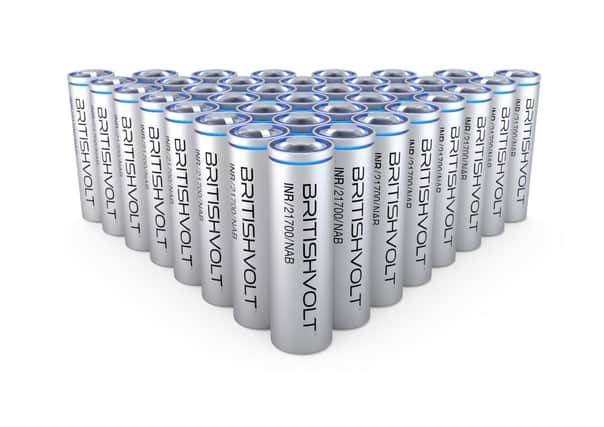Britishvolt gigaplant moves step closer after its battery cells pass crucial safety tests


As a result, the company – which is building the country’s largest gigaplant in Cambois – can now ship its development cells to seven customers for further testing.
The UK firm AIS, which provides a complete lithium-ion battery testing service, was the selected safety testing house and passed the cells.
Advertisement
Hide AdAdvertisement
Hide AdDr Allan Paterson, chief technical officer at Britishvolt, said: “Safety is a key metric in battery cell manufacturing.
“This is fantastic news, and highly encouraging that we have worked with AIS to qualify our first product samples for transportation safety testing, putting us on a path for our future development and enables us to ship test hardware to customers.”
Britishvolt is in the process of distributing cells for testing to seven customers, including blue-chip OEMs. UN38.3 certification is a significant step as it ensures cells are safe to be transported.
To be deemed safe for transportation, lithium-ion cells must not show any signs of leak, rupture, disassemble or fire hazard. An exhaustive test programme consisting of a variety of simulated extreme conditions such as high altitude, very low and high temperatures and several mechanical abusive tests are performed.
Advertisement
Hide AdAdvertisement
Hide AdThere have been concerns about Britishvolt’s electric car battery plant after a report in the Guardian suggested construction would be severely limited until February, and the project had been put on “life support” in a bid to cut spending.
The gigaplant has been heralded as a game-changer for the area and is set to create around 8,000 new jobs.
It had originally planned to start production in 2023 but that was put back until 2024. The firm has now said high inflation, interest rates and soaring energy costs would again see it postponed until mid-2025.
However, the area’s ward councillor, Alex Wallace, recently said he was “absolutely still confident” work on the 95-hectare site was progressing as planned.
Advertisement
Hide AdAdvertisement
Hide AdHe said: “I’ve spoken to the chairman and it’s very much as has been reported. I live a quarter of a mile from it, and activity is going on.
“People want to see the piling and steelwork going up, but that’s not going to happen until February.”